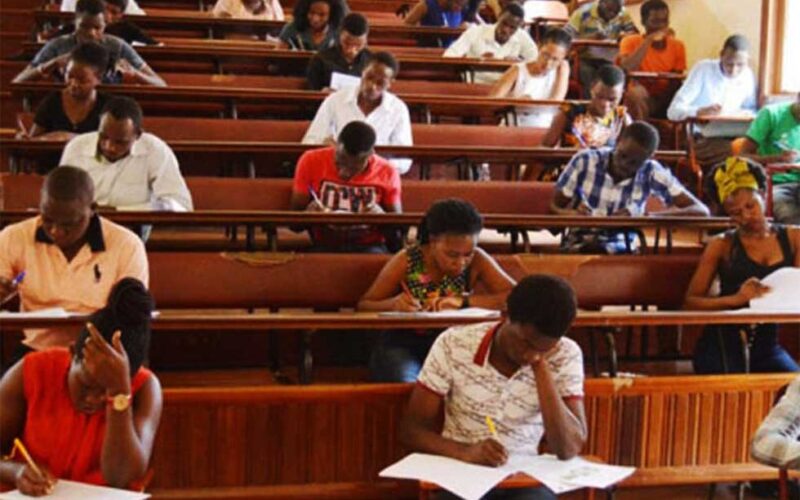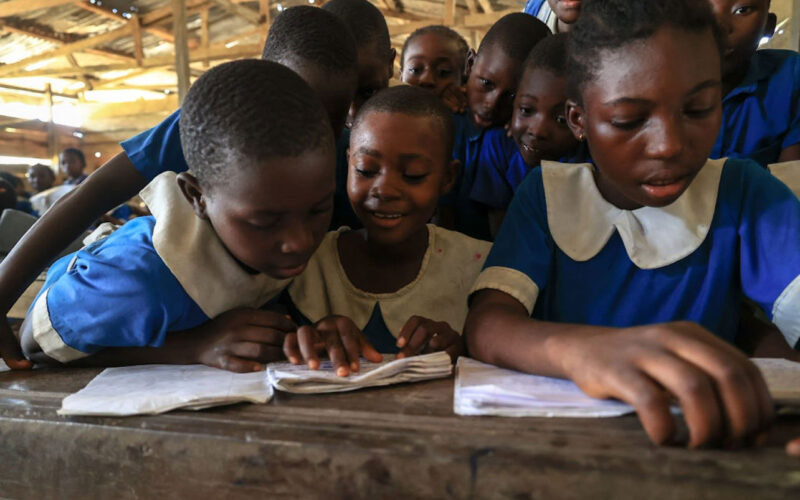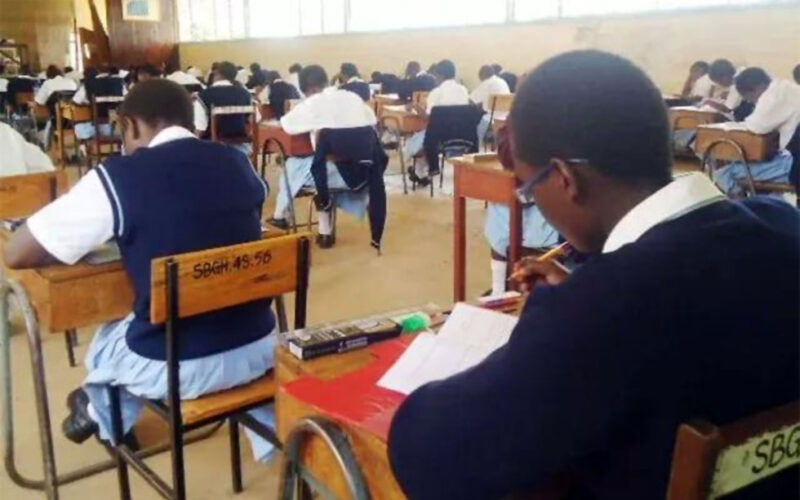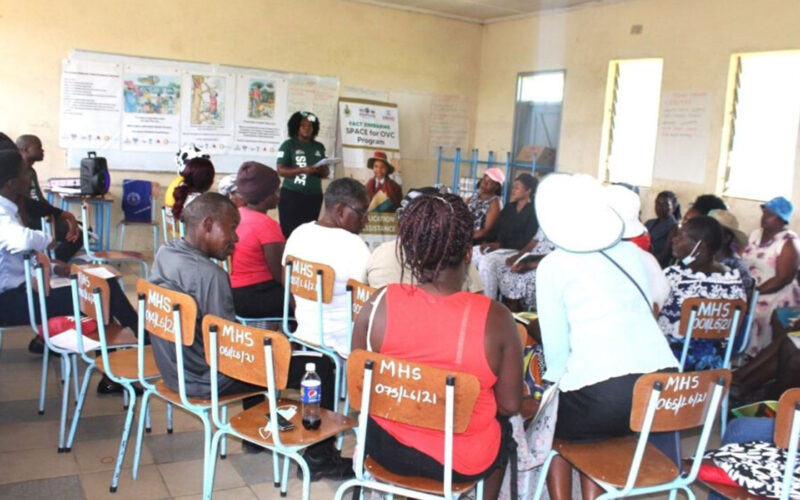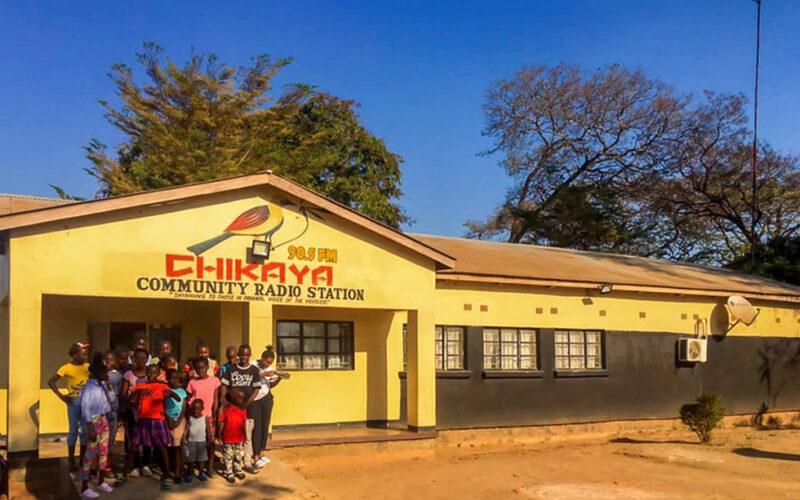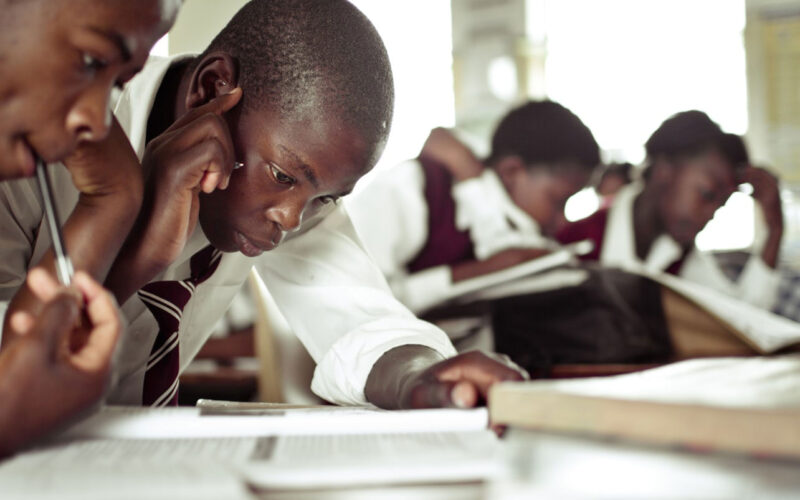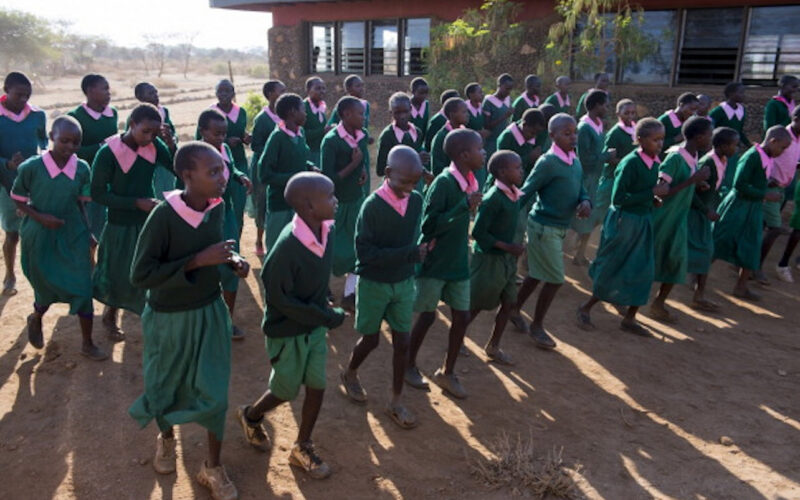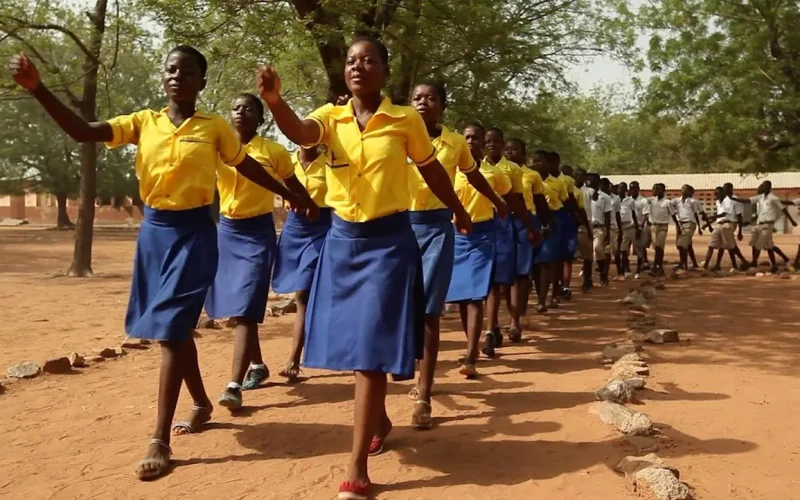
Ghana’s free high school policy is getting more girls to complete secondary education – study
EDUCATION drives economic growth and individual well-being. Secondary education, in particular, plays a crucial role. In recent decades, this recognition has encouraged several African countries to make secondary education free. One example is Ghana’s Free Public Senior High School (FreeSHS) policy, initiated in 2017. The policy aimed to remove cost barriers to secondary education, including fees, textbooks, boarding and meals. As scholars of public policy, we conducted research into the impact of the policy, particularly its effect on the number of girls completing secondary school. We emphasised the educational outcomes of girls because they are at a disadvantage when accessing…

